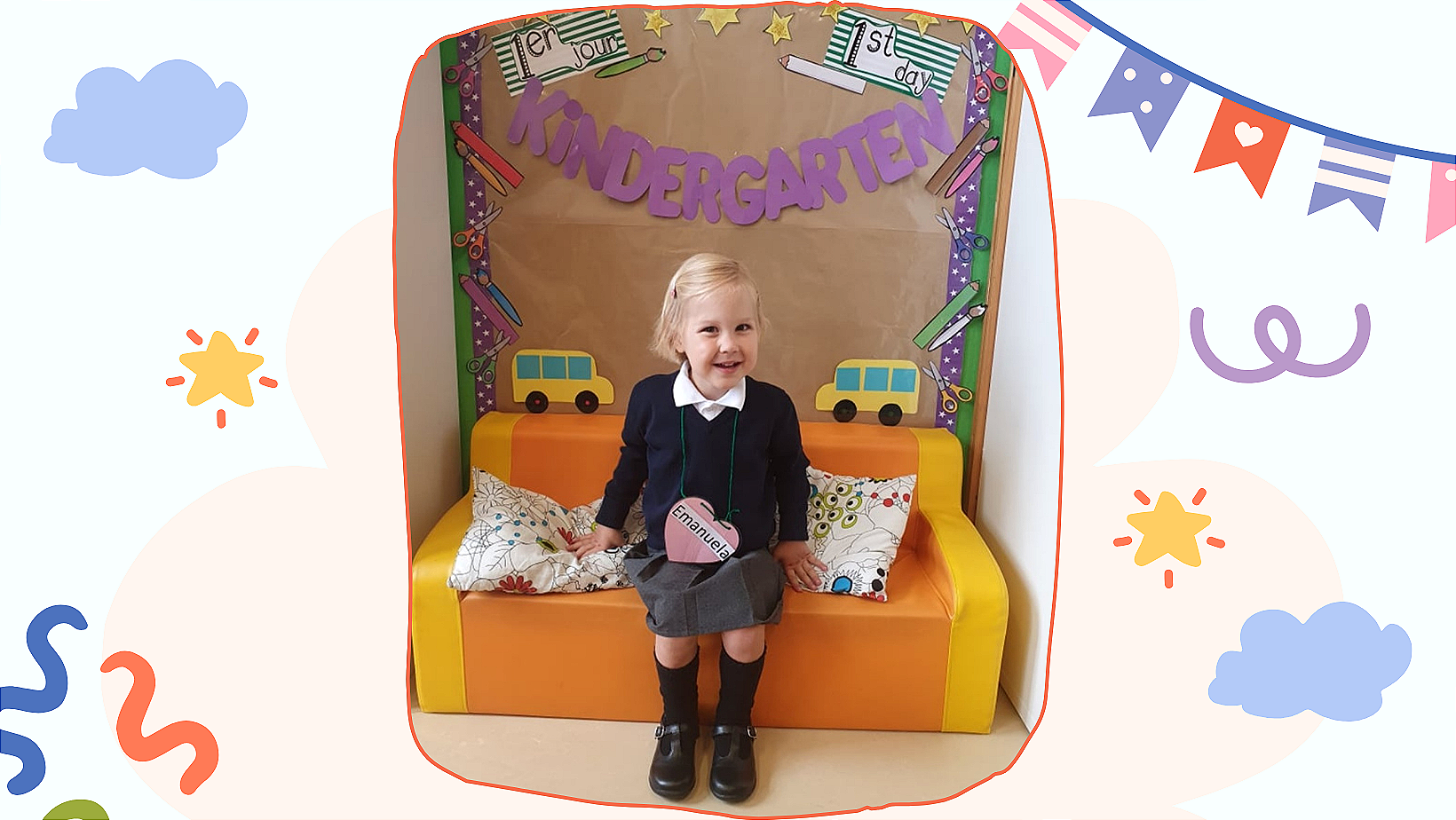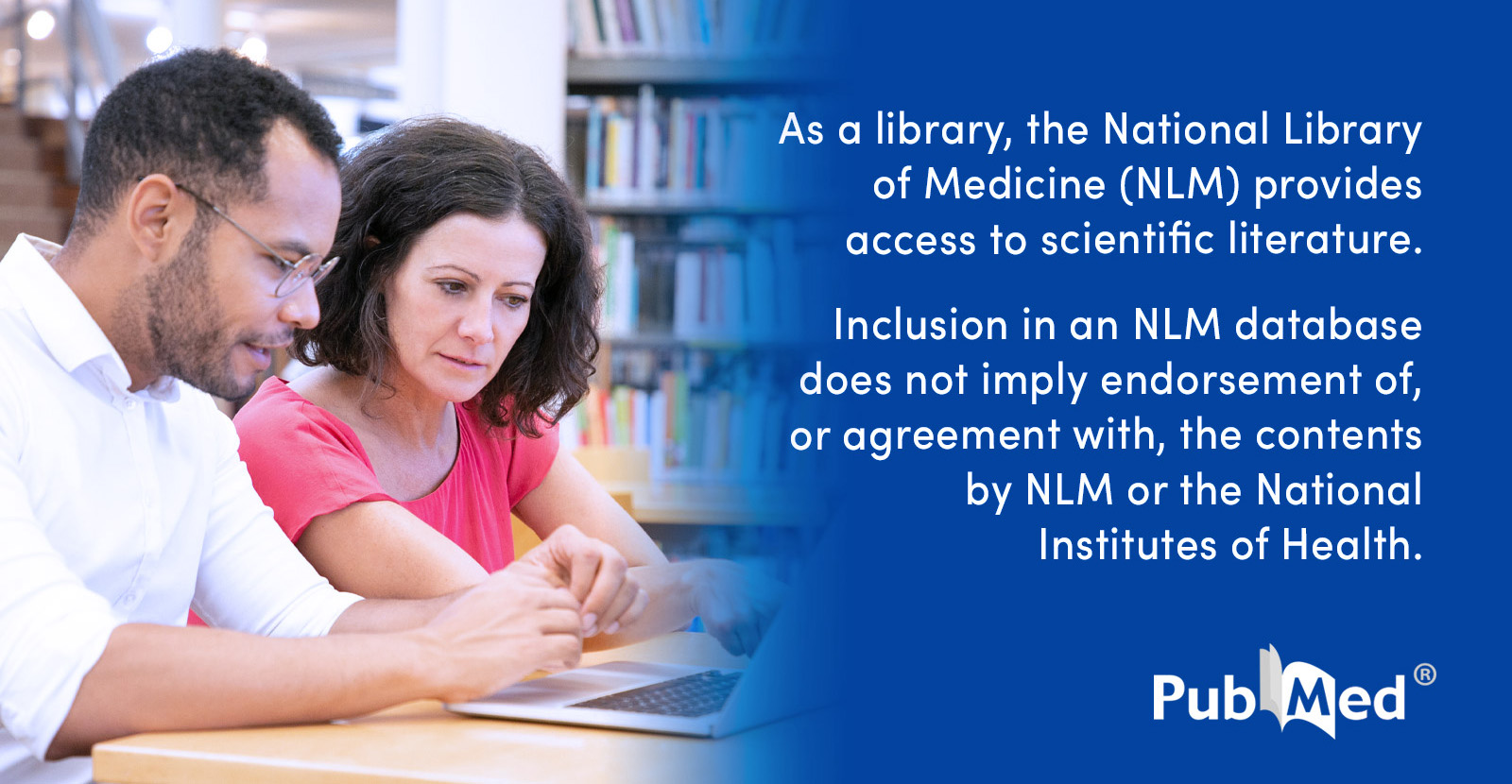BACK TO SCHOOL: Attention, Distraction, and everything in between
Higher risks of ADHD, learning difficulties, and anxiety are real for kids with CHD. But research - and our lived experience - show that with the right support, they can thrive.

Not long ago, a friend of mine — a fellow heart-mom — wrote to say her son's kindergarten teacher suggested he repeat the year instead of moving forward.
Her son, like my daughter, was born with a heart defect. We both belong to that group of parents who'd rather be ready for any scenario than be blindsided. Reading about the increased risk of attention deficit/hyperactivity disorder (ADHD) in kids with congenital heart disease (CHD) was one of those things that brought us together.
(Gonzalez VJ, et al. Pediatrics. 2021.)

Her son's teacher described him as a "troublemaker." He ignores most of the rules, she'd say. He'd ask to use the toilet and then wander off, eventually discovered on a different floor of the building. He's been trying to escape from day one, his mom tells me. At his age, she finds this half-amusing, but she's also panicking, imagining how this will play out in primary school where rules matter more.
This story reminded me of Emanuela's very first kindergarten field trip.

Where We Started
For new readers, and a reminder: Emanuela spent the first seven months of her life in the hospital. She joined kindergarten at three and a half, after we'd kept her under a glass bell, shielding her from viruses until her third planned open-heart surgery - her Fontan. It took place in August 2021. Weeks later, she entered school life. Having endured all that, we were proud beyond words.
So...
That first trip was to a farm. Her teacher reported how she's been running around, throwing hay, and holding animals. I was thrilled. "So, she had fun?" I glowed, smiling as wide as my ears are apart.
Only later did it hit me that the teacher's tone had been... exhausted. What she was actually telling me was how impossible to contain Emanuela was, doing her own thing the entire time, ignoring the rules.
All I heard was joy and freedom, which I know she deserves, and I hope she gets. And so, to this day, this story amuses me and I tell it a lot. But also, just as my friend, it quietly worries me, leaving me wondering whether her free spirit might turn into a diagnosis.

Diagnosing ADHD - or Just Being a Kid?
I read once, too long ago to reference, that pre-school children are too young to be officially diagnosed with ADHD. But generally speaking, statistics are not kind to CHD children.
• Attention and concentration - easily distracted, impulsive, hyperactive
• Executive function and memory - planning, organizing, completing tasks, remembering instructions
• Processing speed - slower to absorb information, reading, comprehension, remembering math facts
• Motor skills - handwriting difficulties, clumsiness, coordination
• Speech and language - delays in expressing thoughts or forming sentences
• Behavioral issues - frustration, aggression, avoidance, isolation
• Emotional issues - low self-esteem, anxiety, lack of motivation, depression
Some children may also experience complications from surgeries or interventions (such as strokes) that impact neurological function.
Not all children with CHD need special school support — but research shows they are at significantly higher risk for learning, attention, and social-emotional challenges.
(Children's National Hospital, Washington, D.C.)
I can tick off many of these boxes for my daughter. Yet, I'm still not ready to chase a diagnosis. Partly, because both mine and my friend's kids have parents who are, let's say, "above-average active." And partly because I sometimes wonder if schools over-label what are actually age-appropriate behaviors that teachers simply don't have the tools - or the time - to handle.
Still, research shows that with single-ventricle children, deviations from the norm are real. Inattention, language and motor difficulties, and emotional stressors often ripple into school performance and later well-being. A 2025 review in Pediatric Cardiology concluded that these challenges directly impact learning outcomes, and without support, can lead to anxiety and depression into adolescence and adulthood (Al-Khalil et al., Pediatric Cardiology).

A diagnosis requires that symptoms begin before age 12, occur in two or more settings (home, school), and interfere with daily life.
Inattention: makes careless mistakes, distractible, disorganized, forgetful, seems not to listen when spoken to, starts tasks but doesn’t finish, avoids homework or effortful tasks, frequently loses things
Hyperactivity and Impulsivity: restless, impulsive, chatty and loud, impatient, disruptive, “driven by a motor”
(American Psychiatric Association, DSM-5, 2013)
Emanuela, at 7, is dreamy, distractible, and chatty. But not disruptive. Or maybe we're just lucky with teachers who let her take a walk around the classroom when she needs to shake off excess energy, let her wiggle in her chair, or chat her way through a math problem.
What Can We Do?
Children's National points out: regular communication between parents and teachers is key. As a child grows, changes in their functioning have to be followed, so that supports and services can be adjusted to a child's changing needs.
The 2025 review of school performance in CHD kids emphasized that close monitoring, early interventions, and multidisciplinary care are essential.
Earlier research (Latal, 2016) also stressed that risk factors — long ICU stays, prematurity, genetics, complex CHD — make neurodevelopmental follow-up non-negotiable. Health care providers, patients, and parents need to be aware and informed about noncardiac consequences, while tertiary centers should run regular developmental assessments, catching issues before they escalate.

Personally, I've been stacking ADHD parenting books since Emanuela was a toddler, preferring early identification and prevention over fire-fighting. Ironically, I now suspect I may have ADHD myself — but that's another blog. For now, I lean on the circle of experts I've built around us.
I can only hope all of that will build resilience strong enough to carry her - and me - through the windmills of the years ahead.
Medical Disclaimer
This article is for informational or educational purposes only. It does not substitute professional medical advice, diagnosis or treatment. Always seek the advice of a physician or other qualified health provider.


